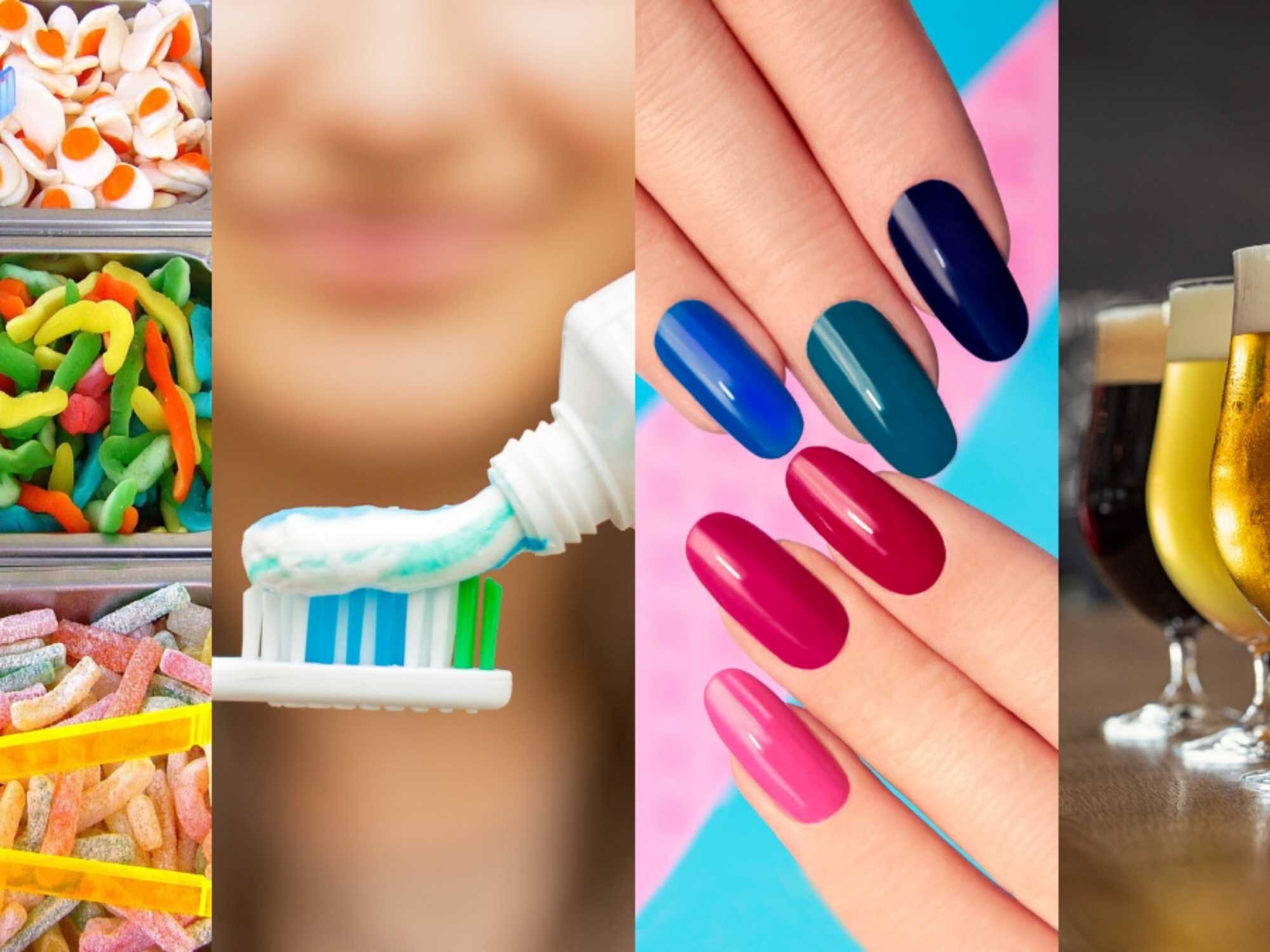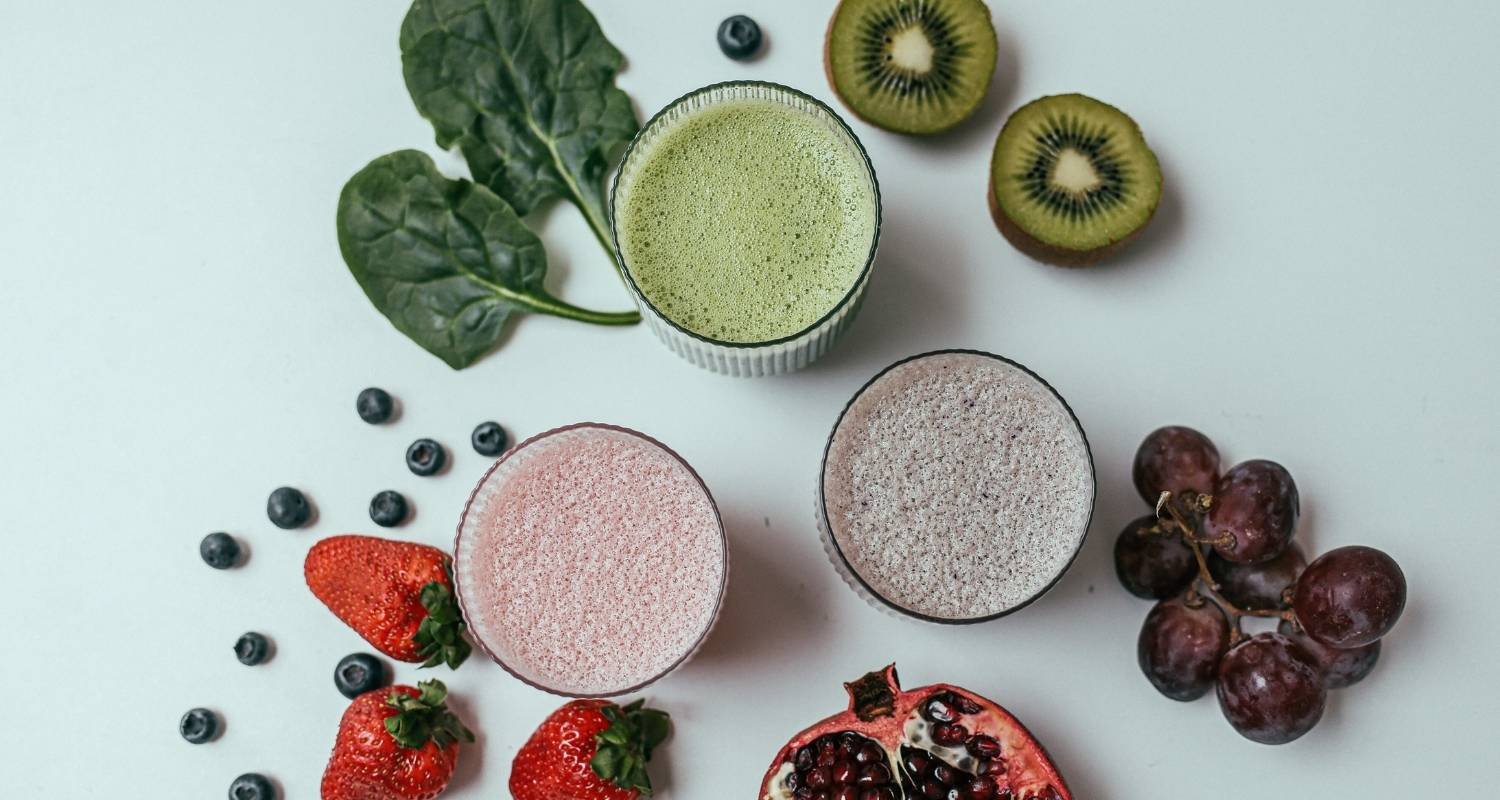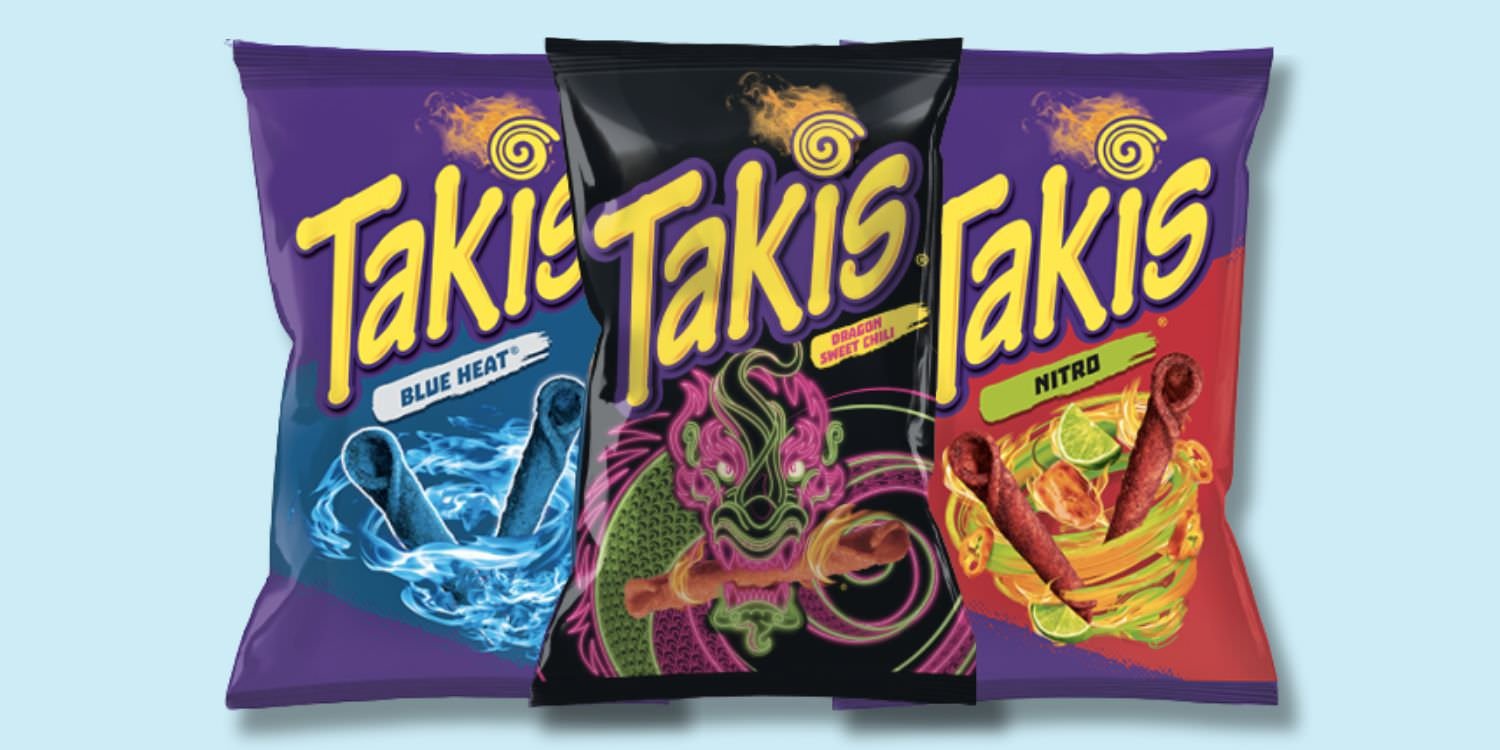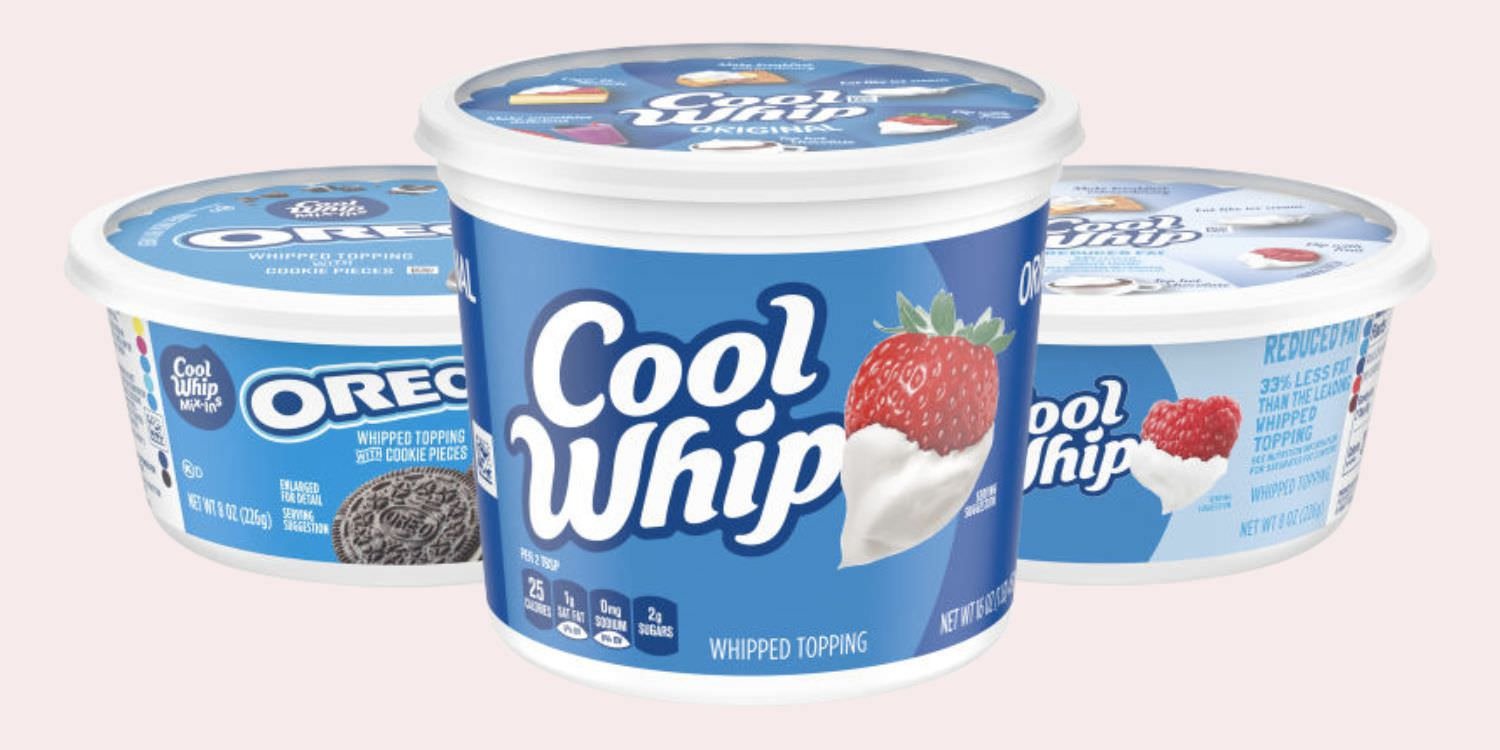12 Everyday Items That Contain Animal Products
As you may know, there are tons of foods that contain animal-derived ingredients for no apparent reason. Throughout my vegan journey, I’ve spotted ‘milk powder’ and ‘casein’ in more labels than I can count. However, what you may not be familiar with are the common, seemingly innocent household products that contain hidden foods of animal origin or animal industry by-products that don't necessarily appear clearly on their ingredients list. This is because these ingredients sound nothing like the ingredient they’re extracted from. ‘Glycerin’, for example, when not labeled specifically as ‘vegetable glycerin’, may come from animal bones. And the mysterious ‘guanine’ in your cosmetics? — It may be obtained from fish scales.
That’s why we want to let you know what is ACTUALLY going into your typical household products. As consumers, we should all be able to easily recognize the ingredient list of used in the products we purchase on a weekly to monthly basis, or educate ourselves on each one.
Keep in mind, not all people have the time or energy to worry about the trace amounts of animal derivatives found in their household items and food products. And nobody should be judged for simply doing the best they can! However, it's still helpful for vegans to know about these materials and ingredients so they can reduce their animal consumption as far as is possible and practical for them.
As a conscious vegan, you are not only helping the planet, but taking care of your own health, as well! So, keep reading and learn all about the items you didn’t know may contain animal ingredients.
Toothpaste (Culprit: glycerin)
As mentioned earlier, glycerin is an ingredient sometimes extracted from animal bones. This means, when the product is not labelled as ‘vegan’, or when the ingredient is not specified as ‘vegetable glycerin’, this ingredient is likely not vegan. Other than toothpaste, glycerin can be found in soaps, gels, moisturizers, sweeteners, paper, and hair products.
Great Substitute
Shop On:
Crayons (Culprit: stearic acid)
Stearic acid, like glycerin, can be derived from animals or plants. However, if the product is not labelled as vegan, it is likely made from animal fats — this is the case for most mainstream crayon brands. However, other products that may contain stearic acid are soaps, shampoos, and cleaning products.
Great Substitute
Shop On:
Gummy Bears (Culprit: gelatin)
Ever wonder why vegans don’t tend to eat candy? Well, aside from the fact that most vegans are somewhat health-conscious, most candy (unless labelled as otherwise) contains animal foods like gelatin, which is made of animal bones, connective tissue, and skin — especially gummy candies. And yes, this includes gummy vitamins. However, even pills or vitamins that aren’t in gummy form may contain gelatin as a common ingredient.
Watch out for this ingredient in marshmallows, haircare products, skincare products, and in medications, as well. A great substitute to gelatin is agar agar, which is extracted from seaweed and is commonly used in Japanese cuisine!
Great Substitute
Shop On:
Beer and Wine (Culprits: isinglass, gelatin, egg whites)
Although isinglass (fish bladders) and other claryifying agents are not exactly used as ingredients in these alcoholic beverages, they're sometimes used to filter out impurities during the brewing process. That said, not all beers are processed with animal derivatives. In fact, popular brands like Budweiser, Guiness, Samuel Adams, Corona, Coors/Coors Light, Heineken, Tsingtao, and Stella Artois do not use isinglass, egg whites, or gelatin to clarify or filter their beers.
Great substitute(s): Check out our complete guide on vegan beer here!
Nail polish (Culprit: guanine/‘pearl essence’)
Have you ever noticed the slight pearlescent shimmer in some nail polishes? Odds are, that glisten comes from guanine — or, fish scale extract. Not only is this ingredient found in nail polish; it’s also used in eyeshadows, fragrances, lipsticks, cleansers, and hair and skincare products. The good news is, many nail polish brands do not use guanine. In fact, there are many popular cruelty-free brands that avoid it entirely.
Great Substitute
Shop On:
Non-dairy creamer (Culprit: casein)
Yes, you read that right! There are a few non-dairy creamers that contain animal products. This is because some creamer alternatives still contain milk products. For instance, many contain casein, the infamous and highly addictive milk protein found especially in cheese. In fact, even some lactose-free food products like cheese substitutes also contain casein. You’ll definitely need to watch out for this one!
Great Substitute
Shop On:
Chewing gum (Culprit: lanolin)
If you’re grossed out by the concept of eating animal foods, you’ll definitely want to avoid certain chewing gums! Some brands contain lanolin (also called wool grease/wax/yolk), the grease found on sheep wool — you probably wouldn’t want to chew on that for hours at a time. You’d probably want to keep it away from your eyes and skin, as well; it’s used in makeup, lotions, and eye drops, too.
Great Substitute
Shop On:
White Sugar (Culprit: bone char)
Did you know even sweets can be riddled with animal cruelty? Although it may be challenging to stay away from soft drinks and sweets on top of all the animal foods you avoid, it's important you know that sugar is not always entirely vegan. This is because in the U.S. it's often processed with bone char to achieve its brilliant white color. As a vegan, it's preferable to go for brown sugar, organic sugar, or any of these alternative vegan sweeteners!
Great Substitute
Shop On:
Orange Juice (Culprits: lanolin, fish oils)
Yes, orange juice can contain actual animal ingredients! In this case, it can come from animal hair, or from animal fats and oils. If your orange juice is fortified with vitamin D and omega-3 fatty acids, it's quite possible that these came from lanolin (sheep wool grease) and fish oil, respectively. So, your best bet is to simply go for unfortified natural orange juice, and take lichen and algae-derived supplements as sources of vitamin D and omega-3s (if recommended by your doctor). More info on vegan supplements here!
Great Substitute
Shop On:
Miso Soup (Culprit: bonito stock)
One dish you may be surprised to learn is not traditionally vegan, would be miso soup. The authentic dish contains bonito stock, so while going for authentic cuisine is usually preferable, in this case you'll want to ask for an adapted version.
Miso soup may also sometimes be prepared with an animal protein like seafood, beef, chicken, or others. It can even be prepared with a different animal stock like beef or chicken broth! So, don't forget to ask about the ingredients if you're ordering this dish at a restaurant. Here are some more tips for enjoying miso soup as a vegan!
Great Substitute
Shop On:
Makeup (Culprits: beeswax, carmine)
If you haven't checked your makeup for animal-derived ingredients, you may be surprised to find beeswax and carmine (or carminic acid) in the ingredient list! Beeswax is not always considered non-vegan, as some small, local beekeepers can be a major help in conserving and protecting bee populations. However, when NOT sourced sustainably, beeswax may come from industrial beekeeping facilities, which can do much more harm to vulnerable bees than good. More info here!
As for carmine, this ingredient is obtained by crushing cochineal insects and using their blood as a pigment. It's also known as cochineal extract, crimson lake, carmine lake, or natural red 4. You'll often find carmine used as a colorant in lipsticks, eyeshadows, and any red or pink-colored makeup.
Great Substitute
Shop On:
Tattoos (Culprits: bone char, glycerin, gelatin)
Thinking of getting a tattoo in the near future? You'll be happy to know that most popular tattoo ink brands have gone totally vegan! However, there are a still a few that contain animal fats and oils, and animal tissues. These are usually present in the form of glycerin, gelatin, and/or bone char. So, you'll want to let your tattoo artist know you're avoiding animal derivatives before getting that ink!
Great Substitute
Shop On:
The Bottom Line
Although as a vegan you may want to avoid these products for ethical reasons, most of these items usually don’t directly increase the demand for animal products. That’s because these ingredients are by-products of the animal agriculture industry. And while most vegans would like to live an animal-free lifestyle, these hidden ingredients can make it quite difficult.
So, if you do decide to swap all of these products, you’ll be doing a great thing by voting with your dollar and sending the message that you prefer to shop vegan! However, what’s important is to do everything your time and resources allow. So, if that means avoiding meat, leather, seafood, fish, fur, eggs, and dairy, you will be working against the main problem: the animal agriculture industry. Once the supply and demand for these products are minimized, their by-products will no longer be as cheap and readily available for manufacturers as they are today! So keep it up, and we thank you for caring for the animals and our planet!




















